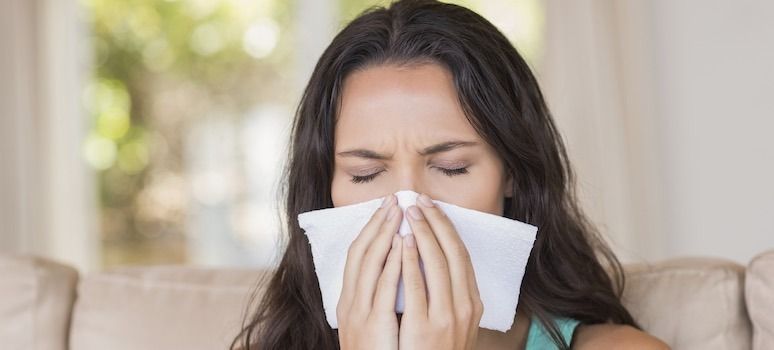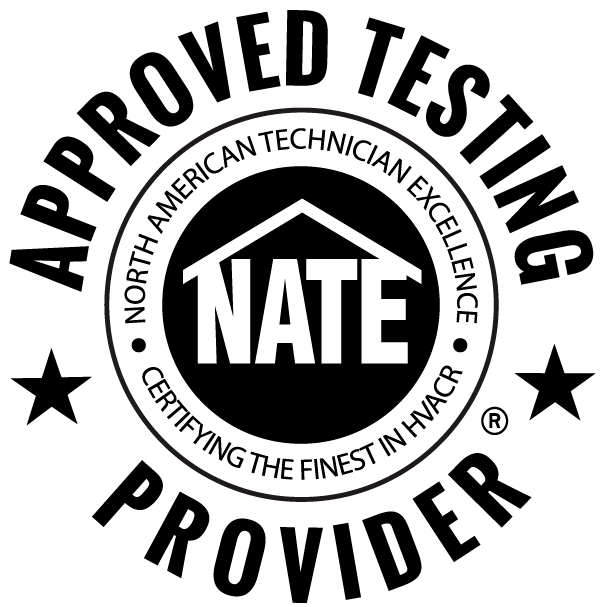Florida weather is great for sun lovers. Unfortunately, it is also great for allergy-producing mold spores and pollens all year long. Folks in the northern states get winter breaks from outdoor allergens. However, in Florida, spring and fall are the worst times for allergy sufferers. Those who suffer from allergies endure annoying symptoms of itchy and watery eyes and sneezing. It is even worse for those who also have asthma. HVAC systems can help with seasonal allergies in both the spring or fall, as well as any other time they occur.
1. Good Ventilation Will Help With Allergies
Most consider forced air HVAC systems as a source of worsening symptoms for people with allergies. After all, the air gets stirred up as the furnace or air conditioner runs. However, moving the air allows the air to be filtered. Plus, instead of opening a window to let in outdoor air packed with pollen and spores, moving the indoor air around is cleaner.
2. Cool and Dry Air Reduces Mold in Your Home
Summer is prime time for mold growth. Heat, moisture and food are needed for mold to grow. Mold eats anything organic from the wood in floors to stored cardboard boxes. The heat and humidity of spring and summer are catalysts to get those spores growing, which makes more spores. Air conditioners cool and dry indoor air in the summer, reducing two of the three things mold needs to grow.
3. Advanced Filtration
HVAC systems can be outfitted with electrostatic and HEPA filtration units to greatly reduce indoor air particulate matter that triggers allergies. These filters reduce particulates generated indoors, and filtration only works on forced air systems. Fortunately, nearly every Florida home has a central air conditioning system.
4. Air Duct Cleaning
Air ducts are like the circulatory system of your home. They transport the air from your AC to your supply vents, keeping your home cool and comfortable. But, over time — moisture, dust, and debris accumulate in your ductwork. This build-up decreases your home’s indoor air quality — increasing the likelihood of mold growth, AC inefficiency, and allergies. If it’s been more than five years since your home’s air ducts were cleaned, learn more about the benefits of air duct cleaning and schedule a service call.
5. Leveled Humidity
Your AC not only cools your home, it also keeps humidity levels at bay. If humidity levels in your home are high, your allergies will suffer. That’s because dust mites — microscopic creatures that thrive in humidity — are directly linked to allergies and breathing problems. Make sure your home’s humidity levels are in check by regularly maintaining your AC.
6. HVAC UV lights
If you don’t already have a UV light in your AC system — getting one installed could provide significant allergy relief. That’s because HVAC UV light provides numerous benefits — like improved indoor air quality, mold prevention, and odor elimination. Due to its sterilizing ability, UV rays effectively remove allergens from the air — which helps prevent allergy flare-ups. Learn more about the benefits of UV lights in HVAC systems.
Improve Your Indoor Air Quality by Calling Colman Air for Air Conditioning Services
At Colman Heating and Air Conditioning, we have been serving the residents of Brevard County, Fla. since 1979. We have many indoor air quality control solutions for both homes and businesses. We can add allergen reducing advanced HVAC filtration to older systems, or we can install new systems for new construction or renovations. Our technicians are craftsmen who treat each client with ultimate respect. If you suffer from seasonal allergies, contact us today and start breathing easier tomorrow.
24-HR Emergency Service: (321) 269-4565








